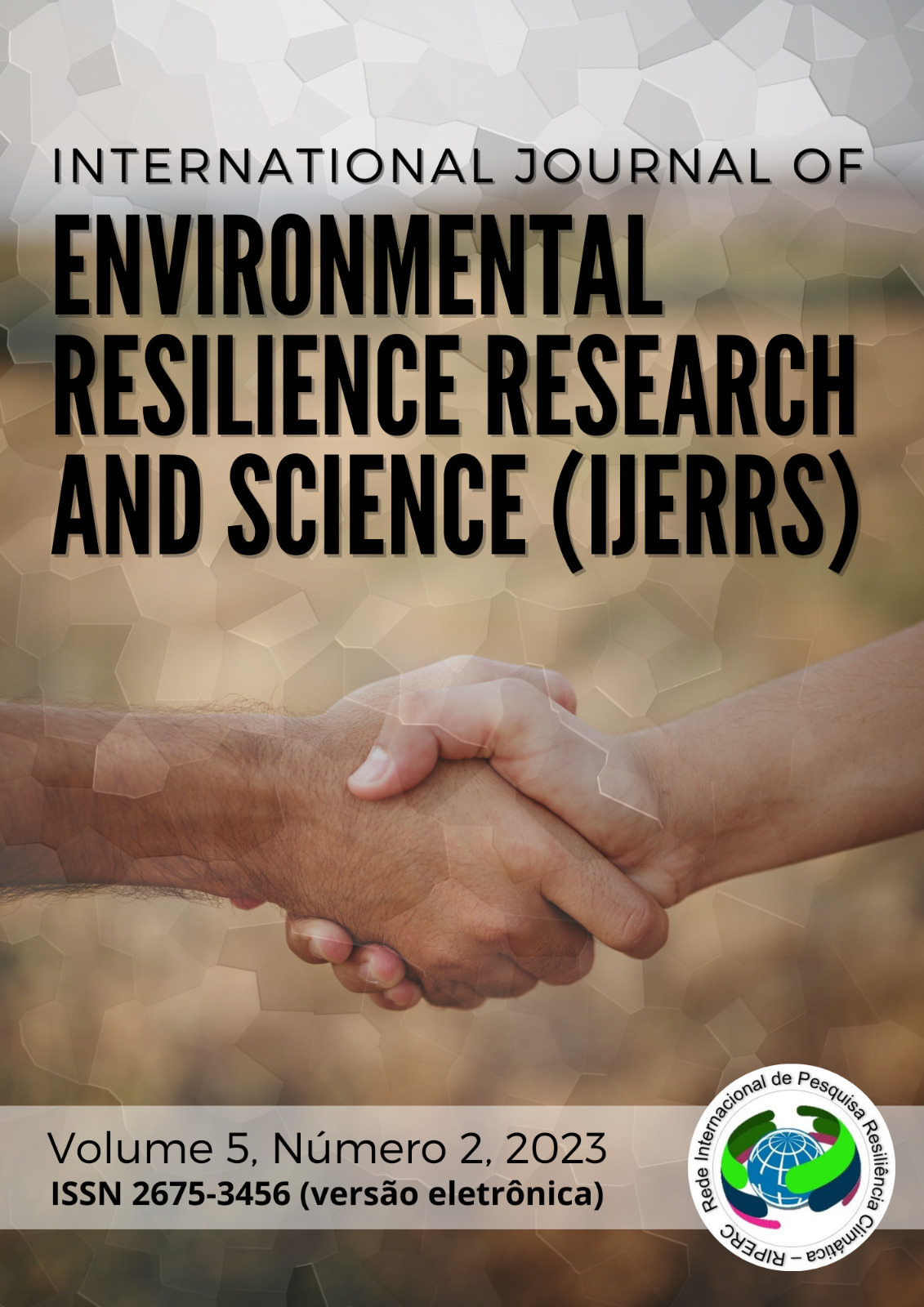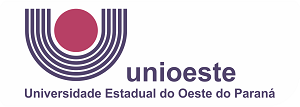Practice of Environmental Education and Solid Waste in Basic Education
DOI:
https://doi.org/10.48075/ijerrs.v5i2.32259Abstract
Abstract: Environmental education is an important subject, but its approach is still limited in the school context. Seeking to overcome this limitation, we report here an experience of applying an extensions project in the classroom, seeking a comprehensive approach that links the concepts of solid waste disposal to raising awareness of the importance of nature conservation, showing the differences and appropriate ways of destination. The activity was carried out at Colégio Senador Corrêa, in Ponta Grossa, PR, with 1st year high school students, who are starting the path to adult life. Through research on the topic, an activity was created that would allow it to fit into the students' real daily lives, with relevance to their lives, seeking to change behavior. By bringing content and examples to be related in their lives, it was possible to interact with the class in an interactive way, to absorb the content and in the form of questions through kahoot, so they would be able to apply the knowledge acquired and extend it outside the classroom, This caused social differences to be exposed. Thus, understanding within the classroom was expanded not only to environmental issues but to the socio-environmental context.
Key word: Nature Conservation; Correct destination; Recycling;
Downloads
Published
How to Cite
Issue
Section
License
Copyright (c) 2023 International Journal of Environmental Resilience Research and Science

This work is licensed under a Creative Commons Attribution-NonCommercial-ShareAlike 4.0 International License.
Aviso de Direito Autoral Creative Commons
Política para Periódicos de Acesso Livre
Autores que publicam nesta revista concordam com os seguintes termos:
1. Autores mantém os direitos autorais e concedem à revista o direito de primeira publicação, com o trabalho simultaneamente licenciado sob a Licença Creative Commons Attribution que permite o compartilhamento do trabalho com reconhecimento da autoria e publicação inicial nesta revista.2. Autores têm autorização para assumir contratos adicionais separadamente, para distribuição não-exclusiva da versão do trabalho publicada nesta revista (ex.: publicar em repositório institucional ou como capítulo de livro), com reconhecimento de autoria e publicação inicial nesta revista.
3. Autores têm permissão e são estimulados a publicar e distribuir seu trabalho online (ex.: em repositórios institucionais ou na sua página pessoal) a qualquer ponto antes ou durante o processo editorial, já que isso pode gerar alterações produtivas, bem como aumentar o impacto e a citação do trabalho publicado (Veja O Efeito do Acesso Livre).
Licença Creative Commons
Esta obra está licenciada com uma Licença Creative Commons Atribuição-NãoComercial-CompartilhaIgual 4.0 Internacional, o que permite compartilhar, copiar, distribuir, exibir, reproduzir, a totalidade ou partes desde que não tenha objetivo comercial e sejam citados os autores e a fonte.









